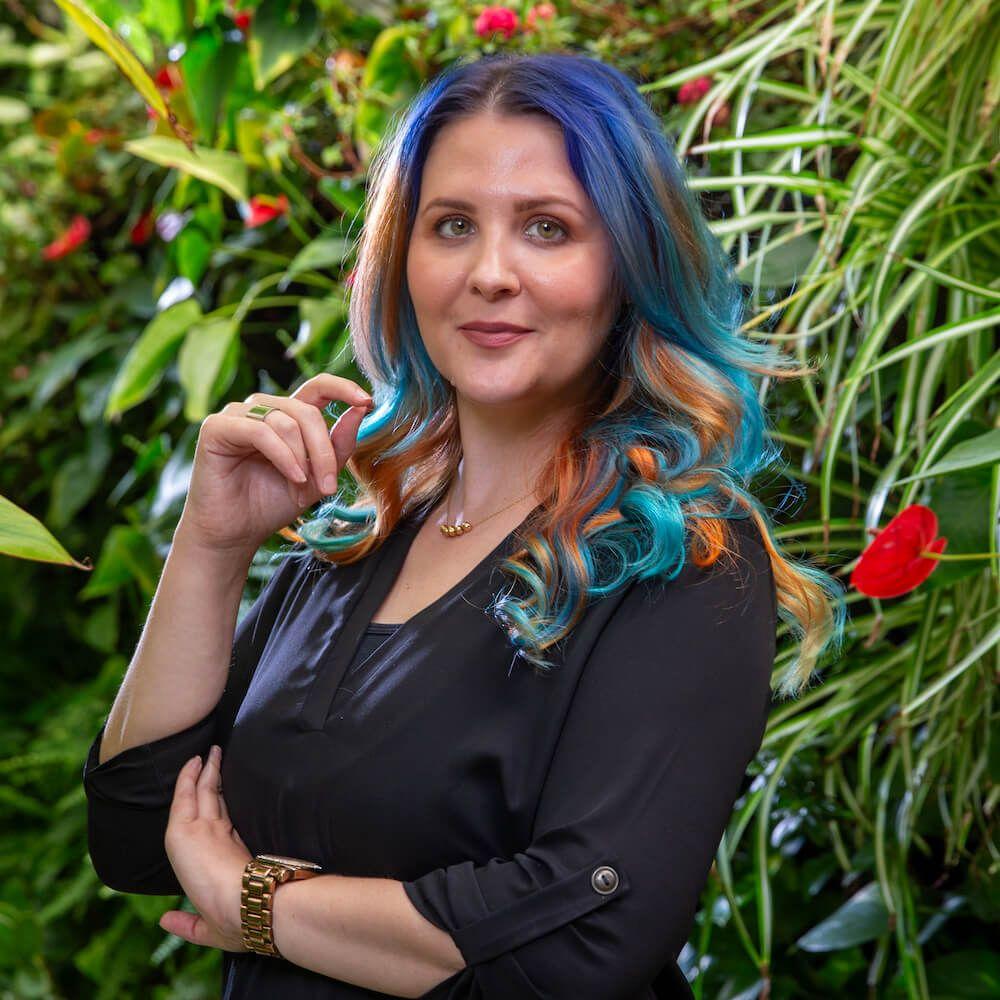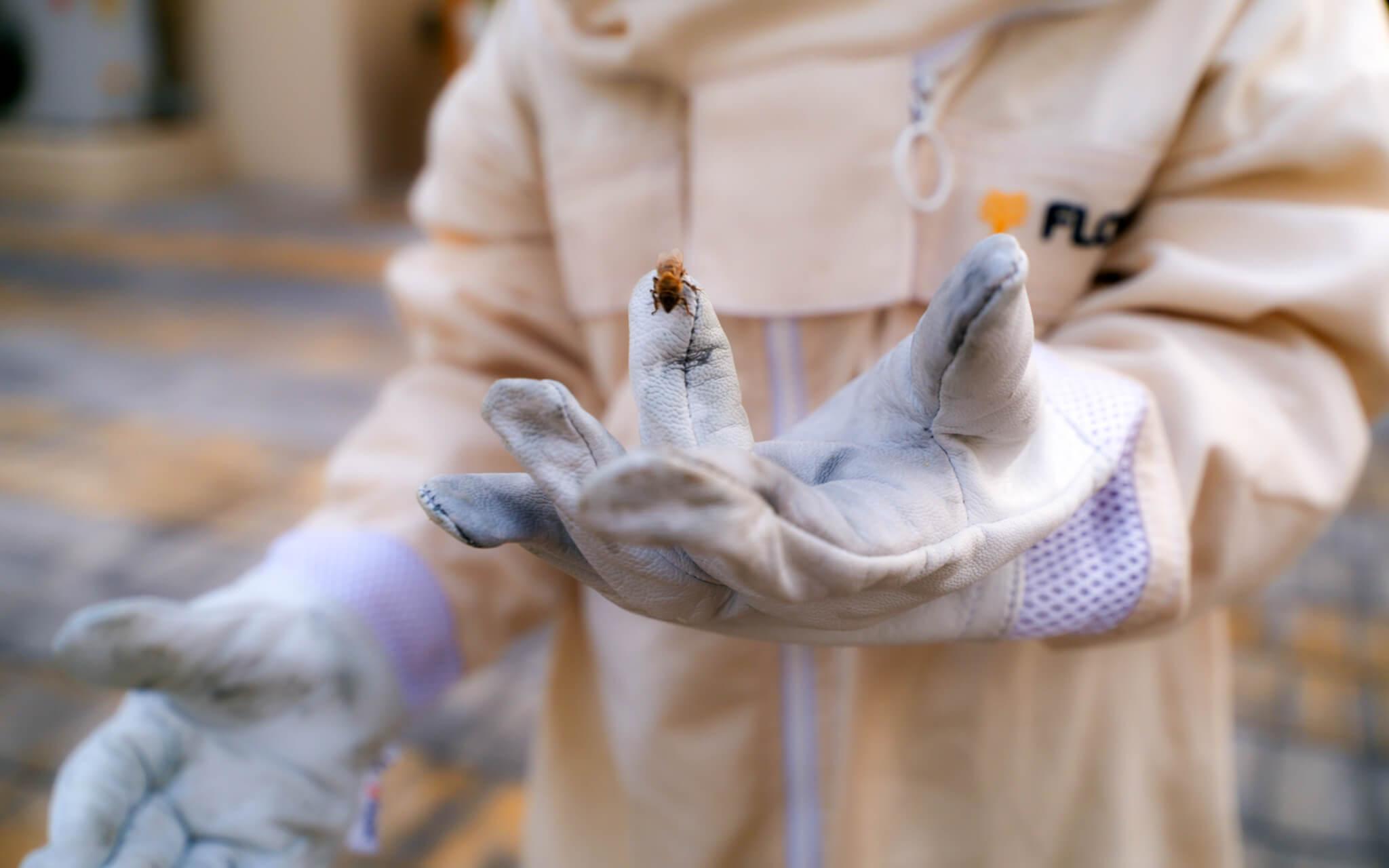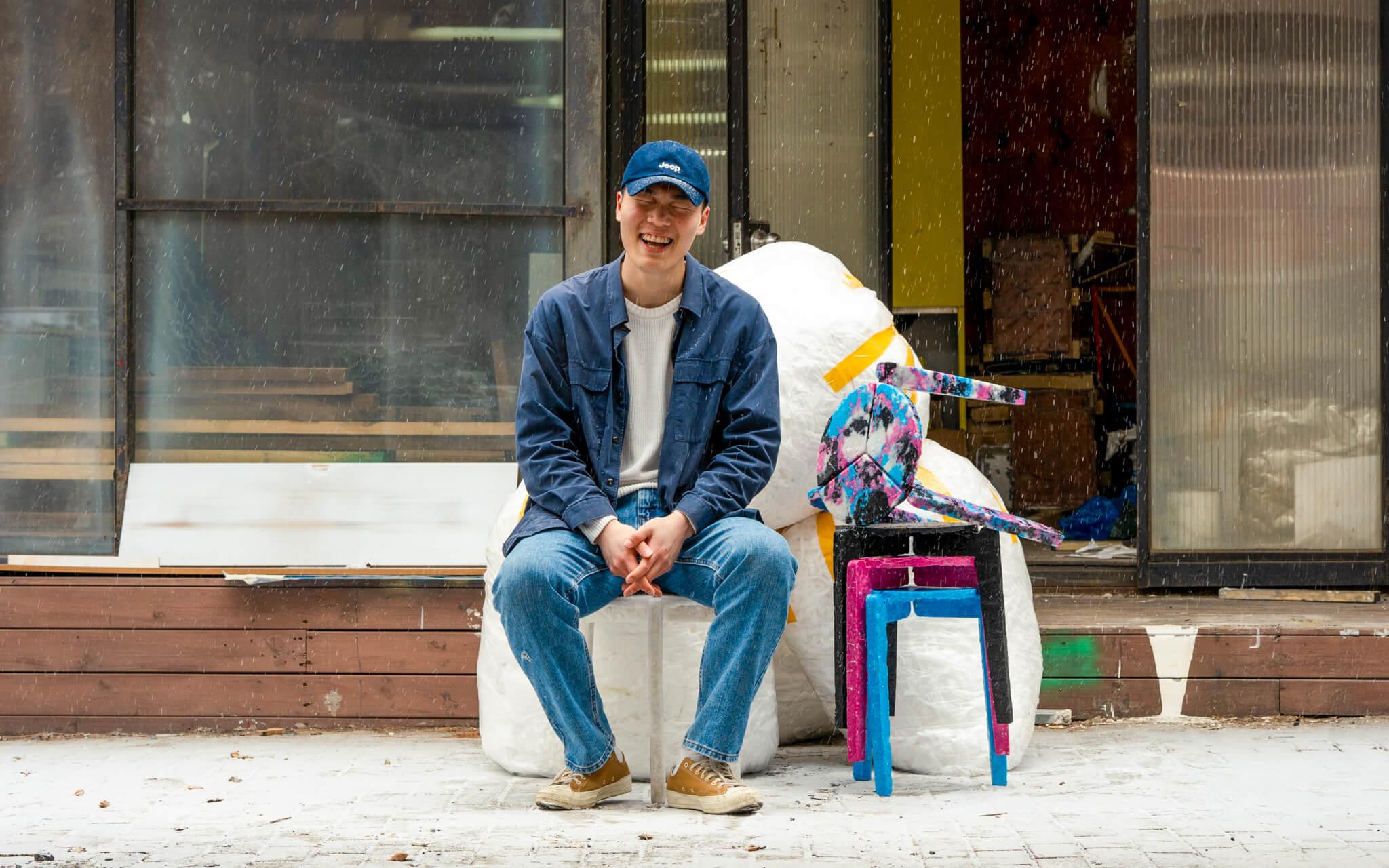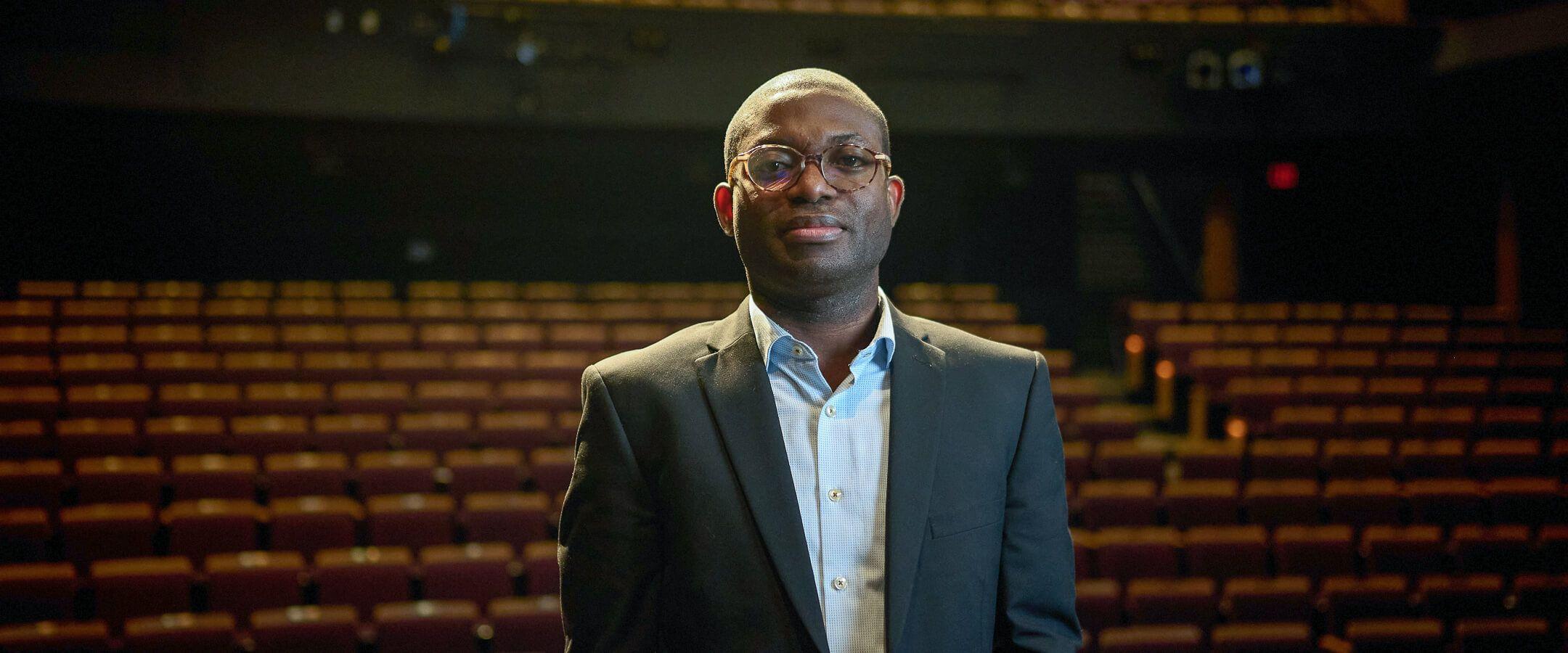Not Another Bottle
In the sandy deserts of the UAE, reliance on single-use plastics and bottled water is the norm. No More Bottles, a water filtration service, is dedicated to eliminating plastic water bottles in the UAE and bringing purified water straight to the tap.
Sandy Muirhead is a Director at the water filtration company No More Bottles. However, Sandy’s children have become the business's most dedicated advocates. “I take my kids to events where we sell reusable water bottles, and now whenever they see someone with a plastic bottle, my kids ask why they don’t have a reusable one!” He says, laughing. “They’re five and six, and they’re so passionate!”
No More Bottles is the brainchild of Ian Hannah and Carol Fraser, two water sector professionals who founded the company in 2017. Muirhead joined shortly after, realising the need for a water filtration service in the United Arab Emirates.
To build a picture of the problem, let’s start with an image of the local landscape–a rich desert climate where giant rust-red dunes give way to white beaches and crisp surf.
There’s a lot of sand.
So, we’ve got a hot, sandy climate with residents from over 200 nationalities constituting roughly 90% of the total population.
This combination of dusty pipelines plus a largely transitory demographic equals a perfect storm of plastic water bottle use. When incoming residents arrive in the UAE, ready to start an exciting new life in the Middle East, phone numbers for local water delivery companies are often handed out at orientation.
“One of the interesting challenges in Dubai is helping people understand that the municipality water is actually of a very good standard,” Sandy clarifies, explaining why plastic water dispensers have become the norm. “The problem is, we live in the desert, so sand gets absolutely everywhere,” he says. “The quality of the water is fantastic; it's just that we can’t control where sand gets in.”
For UAE residents, this means water bottle vending machines in schools, plastic water bottles handed out at business meetings, and plastic water dispensers tucked into every Dubai kitchen.
Currently, on average, 450 plastic water bottles are consumed by each UAE resident per year, and a standard household of four people throws away more than 1,650 bottles annually, flooding landfills with plastic waste.
“While there’s been changes and improvements to recycling, less than 9% of plastic bottles are recycled – we’re creating a massive problem for future generations,” Sandy says. And it’s not just plastic waste that’s the problem: plastic water bottles also distribute dangerous microplastics. The belief that bottled water is ‘cleaner’ just isn’t true. Studies show that microplastics (while harmful in and of themselves) carry toxic chemicals that can cause cancer, infertility, hormone issues, and organ damage.
While there’s been changes and improvements to recycling, less than 9% of plastic bottles are recycled – we’re creating a massive problem for future generations.
Combating this two-fold problem, No More Bottles has been installing home filtration systems throughout the country while partnering with some of the biggest brands in the UAE. Using an advanced three-stage water filtration system, No More Bottles filters water to .2 of a micron. Sandy points to his head to illustrate just how small of a particle this is, “Your hair is about 50 microns, so nothing will ever pass through these filters that the human eye can detect.”
The second stage in their process is a UVC treatment known as Firewall, which removes any pathogens or bacteria, a technology certified by the World Health Organization. Lastly, most No More Bottle dispensers are treated with Biocote, which self-cleans the machine and offers anti-microbial protection.
Given all the above information, surely, everyone must be switching to a home filtration system, right?
Well, not exactly, “The biggest challenge you face is in education and changing people’s perception,” he says. In fact, consumer perception is the most common difficulty facing sustainability changemakers, inventors and activists. Using a filtration system at home or work is better for our health and the environment, saving families and businesses money in the long run.
Today, No More Bottles has saved corporations, hotels, banks, and individuals hundreds of thousands of plastic water bottles. Talabat, a popular food delivery system based in Dubai, has saved 200,000 plastic water bottles each year by switching to No More Bottles. Joining them are Citibank, Hilton Hotels, Mubadala and the Ministry of Health and Prevention, among others.
And still, there’s resistance.
“The majority of the individuals who live in the UAE are taught from a very young age that water is only safe to drink from a plastic bottle,” Sandy tells me, measuring his words carefully. “Everything comes back to what you’re taught as a youngster. If someone turns around and tells you that everything is different, then you’re very reluctant to change.”
This is why Sandy’s favourite people to talk to about reducing plastic are the young ones. “It is all about education. I love going into the schools and doing plastic awareness talks.”
So, we’re left with the following questions: Can one more reusable water bottle make a difference? Probably.
Or better yet, can one more advocate for a plastic-free future help to change the world?
Absolutely.
Most Popular
The Climate Tribe delivers stories about Biodiversity and Conservation, Circular Economy, Food and Water , and how they intersect with climate.
Subscribe
Get the latest stories inspiring climate action around the globe straight to your inbox.






